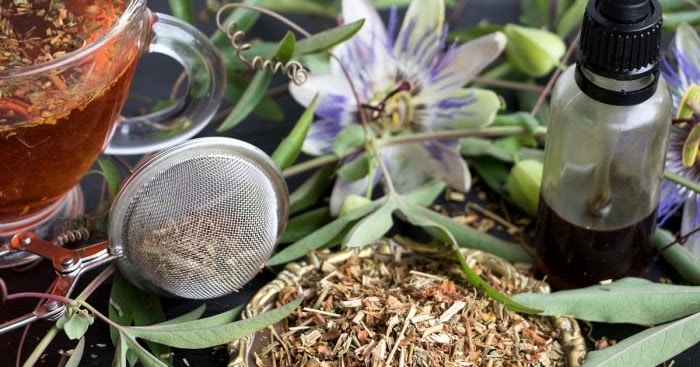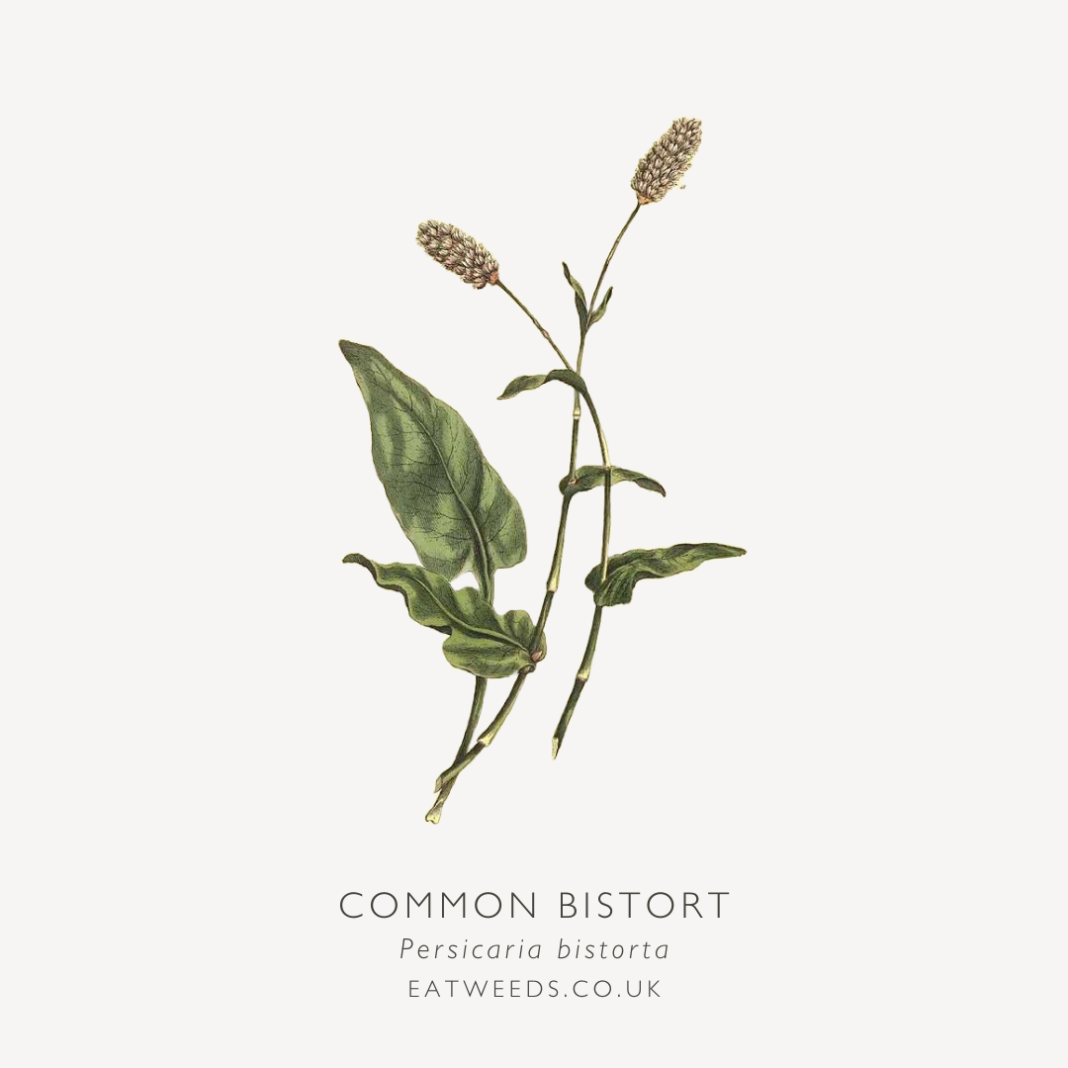Passionflower for Herbal Remedies, Herbal Medicine
This family of plants is also known as Passiflora. Passionflower
is available as infusions, teas, liquid extracts, and tinctures.
Studies suggest that specific species may have medicinal benefits. For example, Passiflora incarnata Purple Passionflower
may help treat anxiety, insomnia, seizures, hysteria, and nervous disorders. Native
American Indians have used passionflower to boils, wounds, earaches, and liver
problems. Passiflora foetida is more commonly
known as stinking passionflower that has been shown to help with ulcers and
digestion issues.
Passionflower was used in North American beginning in the 1800’s
to treat nervous restlessness and gastrointestinal spasms. In short, the
effects of passionflower were believed to be primarily on the nervous system,
particularly for anxiety due to mental worry
and overwork.
Passionflower has been
examined for use in treating anxiety, insomnia, diabetes, menopausal symptoms,
and cough. However, there are limited quality clinical trials to recommend
passion flower for any indication. (reference)
There are not enough
studies to know what dosages for children, so be careful. In addition, it is important to stress that these dosages are
not prescriptions, but merely suggested guidelines.
Infusions:
2.5 grams, 3 to 4 times daily
Teas:
Tea made from 4 to 8 grams of dried herb, daily2
Liquid
extract: 10 to 30 drops, 3 times daily
Tincture:
10 to 60 drops, 3 times daily
In general, passionflower is considered safe and nontoxic. The U.S. Food
and Drug Administration (FDA), however, does not regulate the production of
herbs and supplements. Most herbs and supplements are not thoroughly tested,
and there is no guarantee regarding the ingredients or safety of the products.
Medications are known to have possible interactions with passionflower. These include antihistamines, benzodiazepines, barbiturates,
and narcotics. In addition, any antidepressant has the potential to
interfere with its potency as well. Other herbal
remedies that may cause issues with passionflower are kava and valerian root. Finally, substances like alcohol,
caffeine, and aspirin may not mix well with passionflower usage.
Take care if you are taking blood thinners or
anti-inflammatory medications, as these have been shown to have possible
passionflower interactions
It may induce contractions if you’re pregnant. It can cause sleepiness, dizziness, confusion. Because of this, it should
not be taken with sedative medications. Also, it’s not safe for pregnant women
or breast-feeding women.
For more Herbal Remedies go to Better Herb News


